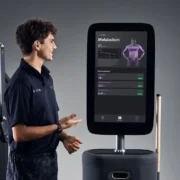Ozempic’s Biggest Fans? It’s Not Gen Z
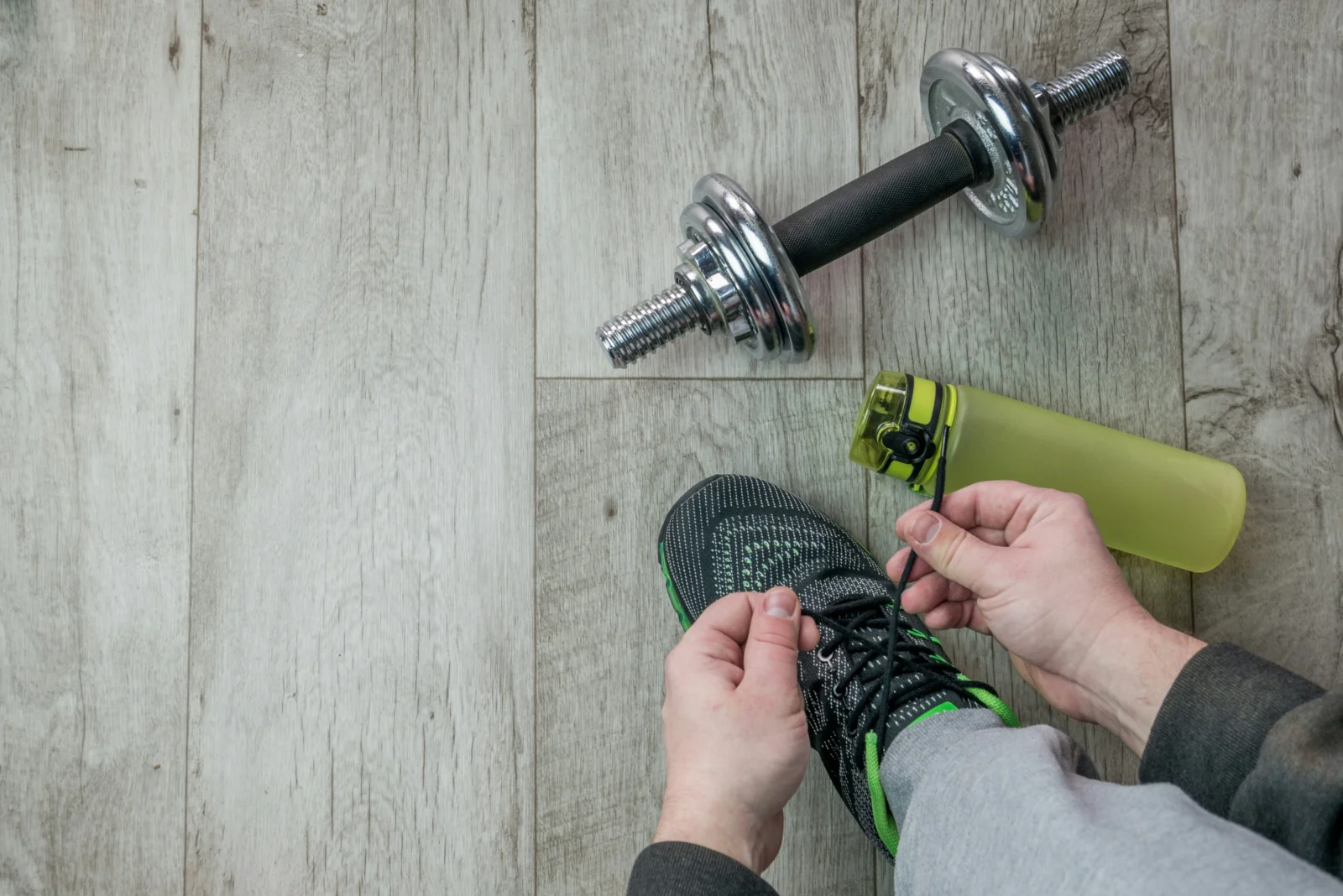
A new survey reveals changing views on weight loss meds, stigma and affordability, with one generation embracing drugs like Ozempic faster than the rest
Few medications have disrupted the conversation around health and weight loss as profoundly as Ozempic and its GLP-1 counterparts. With nearly 40 percent of U.S. adults now classified as obese, according to the Centers for Disease Control and Prevention, the surge in interest (and massive spending) feels inevitable.
Now, a new survey from health platform AlynMD reveals how Americans are rethinking weight loss in real time. Based on responses from 1,000 U.S. adults across four generations, the report captures a nation split between two approaches: the long-standing reliance on diet and exercise and the growing appeal of a pharmaceutical solution.
Here are some of the key takeaways, which could be especially relevant for fitness operators and personal trainers:
Gen Z Wants Results, Fast
To begin, 65 percent of Americans say they want to lose weight, and only 16 percent are satisfied with their current weight. The gender gap is notable: 71 percent of women report wanting to lose weight, compared to just 58 percent of men.
Though two out of three Americans may want to slim down, not everyone is aiming for a dramatic transformation. Only 30 percent say they want to lose a significant amount of weight, while 35 percent are looking to shed just a few pounds.
It’s no surprise that the generation of instant gratification is most likely to prioritize speed over sustainability when it comes to weight loss. Gen Z (12%) and Millennials (9%) are far more likely to prioritize rapid weight loss than baby boomers (3%) or Gen X (4%), making Gen Z four times more likely than boomers to seek fast results.
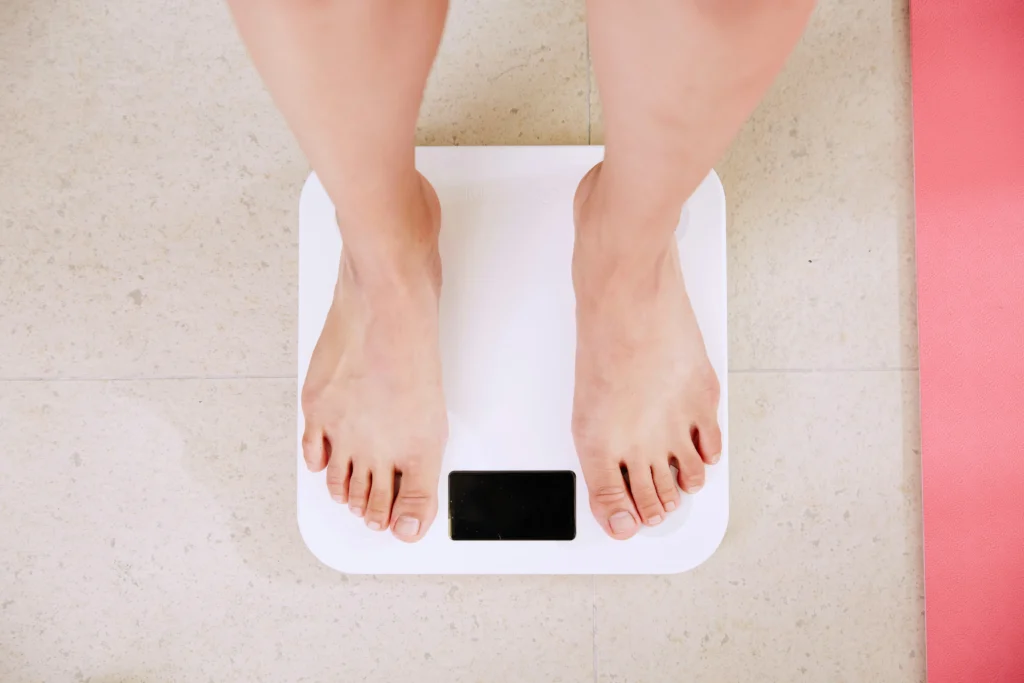
It’s an urgency that extends to how quickly they believe the medications should work. More than a quarter of Americans expect weight loss medications to deliver results within weeks. Among Gen Z, that timeline shrinks even further, with 13 percent expecting to see changes almost immediately. Just 4 percent of the general population says the drugs should work within days.
Diet & Exercise Still Dominate, but Are They Delivering?
Americans aren’t giving up on traditional diet and exercise just yet. According to the report, 82 percent still turn to conventional measure, and 51 percent say they’d stick with those methods. Yet only 12 percent of respondents say they’ve actually lost weight and kept it off, underscoring the public’s growing frustration with long-term weight loss success.

That may be why Americans are exploring a range of weight loss methods beyond diet and exercise:
- 8% have tried over-the-counter supplements
- 7% have used prescription medications like Ozempic
- 3% have turned to alternative therapies such as acupuncture
- 1% have undergone weight loss surgeries like gastric bypass.
For fitness operators considering adding a weight loss medication offering, geographic demand may be a key factor in planning a rollout. According to Google search trends, interest in Ozempic varies widely across the U.S. Southern states like West Virginia and Arkansas show the highest levels of curiosity, while Midwestern and Mid-Atlantic regions (including Illinois, Wisconsin, and Washington, D.C.) rank among the least interested.
While diet and exercise still lead the way, preferences are starting to shift. More than one in four Americans (27%) say they’d choose prescription medications like Ozempic over traditional methods, and nearly one in five remain unsure. Millennials and Gen Z are especially open to the pharmaceutical path, with 32 percent and 27 percent respectively naming weight loss drugs as their top choice.
Americans Say Time Is A Major Obstacle
Diet and exercise are still the go-to strategies, but many Americans say time is standing in the way. Three in five report struggling to find enough time to work out, and only 39 percent say they consistently fit exercise into their schedules.
Older generations are more successful at making time for fitness. Nearly 45 percent of baby boomers say they’re able to work out regularly, compared to just 30 percent of Gen Z. Meanwhile, Millennials (43%) and Gen X (34%) fall in between.
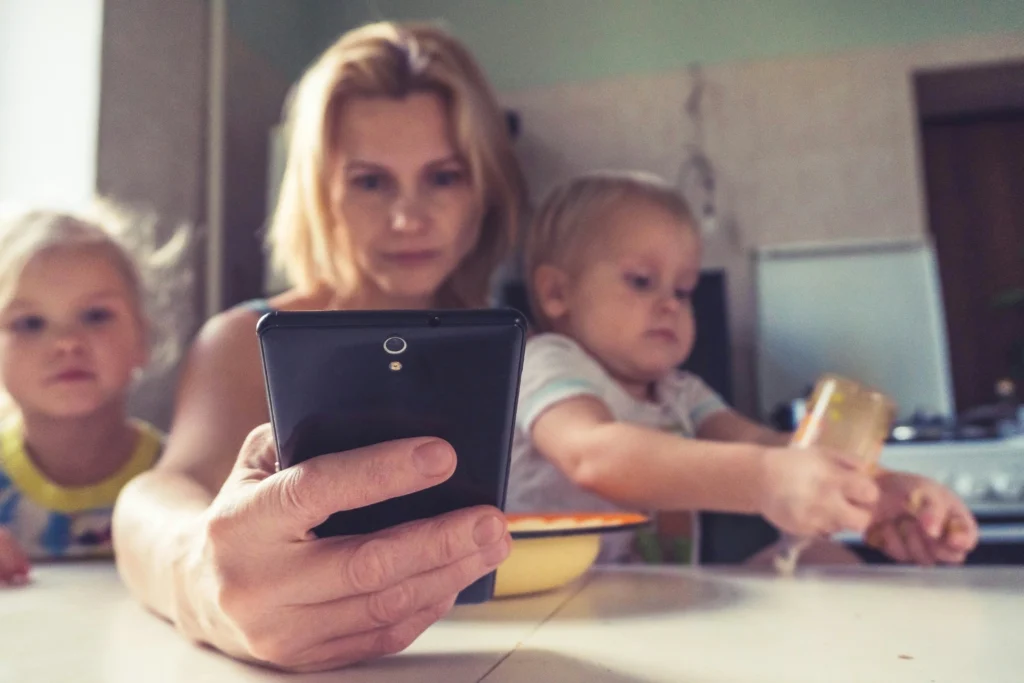
Income also plays a significant role. Nearly half of high earners (48% of those making over $100,000 annually) say they find time to exercise, compared to just 36 percent of those earning under $50,000. For lower-income Americans, workouts are often deprioritized amid financial and time pressures.
Healthy Eating Still Out of Reach for Many
While weight loss medications are gaining traction, diet remains a challenge for most Americans. According to the AlynMD survey, 62 percent struggle to eat healthy due to time constraints, budget pressures or other lifestyle factors.
When it comes to managing their diets:
- 38% say they cook at home and can afford to eat healthy
- 17% want to eat healthier, but often eat out due to lack of time
- 29% say healthy food is too expensive
- 8% rely mostly on convenience food
- 8% say healthy eating isn’t a priority due to time, cost or other reasons.

Cost is also a major barrier, particularly for lower-income households. Among Americans earning under $50,000 a year, 37 percent say they can’t afford to eat healthy. That figure drops to 28 percent for middle-income earners and just 17 percent for those making six figures or more.
The generational divide is equally stark. More than half of baby boomers (53%) say they have the time and financial means to cook nutritious meals at home. But that share drops sharply among younger cohorts: 38 percent of Gen X, 29 percent of Millennials, and 32 percent of Gen Z say the same.
Stigma Is Fading, but Pressure Is Rising
Public perception of weight loss drugs is shifting fast, led by Gen Z and Millennials. According to the AlynMD survey, 50 percent of Millennials and 41 percent of Gen Z say they’re open to using medications like Ozempic, compared to just 25 percent of baby boomers.
Nearly three in four Americans (74%) now consider weight loss drugs socially acceptable, and 59 percent believe stigma has declined in the last five years. For Gen Z, the influence cuts both ways: 35 percent say celebrities on Ozempic sway their perception, yet 56 percent believe the drugs hurt self-image.
Dependency & Rebound Weight Gain Top Concerns
Even as interest in Ozempic grows, concerns around long-term use remain high. According to AlynMD, 66 percent of Americans worry they’d become dependent on the drug to keep weight off, and 70 percent believe they’d regain the weight if they stopped taking it. Just 12 percent say they’re not concerned.
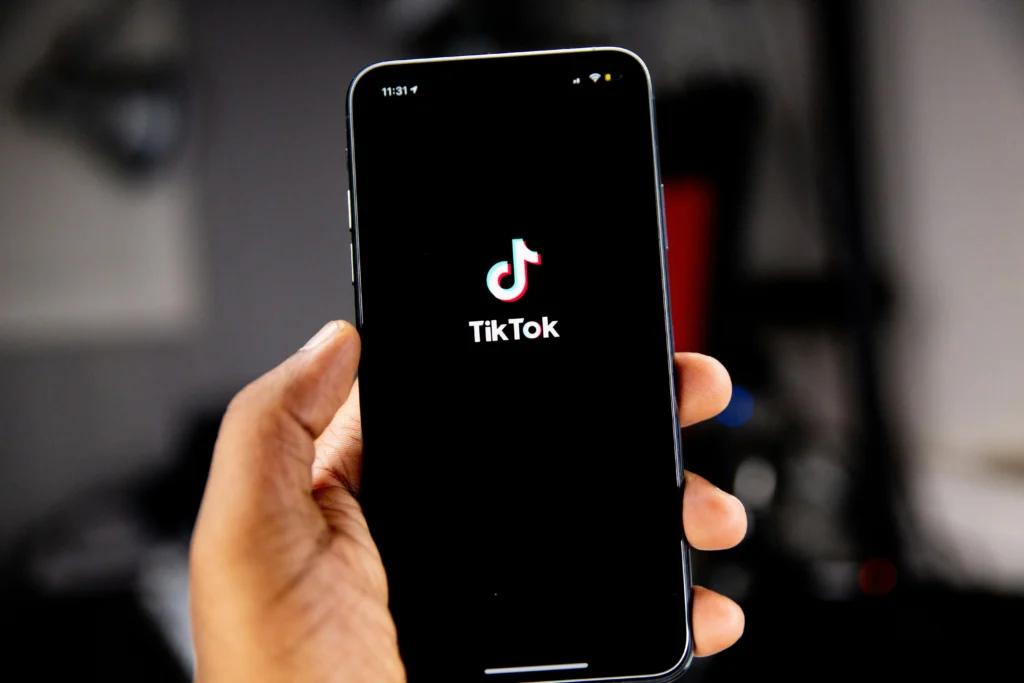
Even with TikTok users fascinated over “Ozempic Butt,” only 1 in 10 Americans say they’re actually worried about such side effects and just over 1 percent of current users say they’ve noticed the side effects themselves.
Is Weight Loss Becoming a Luxury?
The cost of staying healthy is rising, and younger generations are spending more to keep up. According to AlynMD, 26 percent of Millennials and 21 percent of Gen Z spend over $100 a month on fitness and wellness, more than double the rate of baby boomers. Only 12 percent of Gen X and 10 percent of boomers cross that threshold.
For many, weight loss medications represent another costly frontier. Nearly half of Americans (44%) say they’d opt for drugs like Ozempic over diet and exercise if cost weren’t a factor. Millennials and Gen Z are 1.5 times more likely than baby boomers to choose the pharmaceutical route.

In terms of cost, 73 percent of Americans say today’s medical weight loss options unfairly favor the wealthy, a sentiment shared almost equally by those earning over $100,000 and those making under $50,000. Insurance coverage may be a solution, but public opinion is fractured: only 14 percent believe it should be universally covered, and nearly 40 percent are unsure.
Some employers are exploring alternatives, with proposals to offer GLP-1 medications through benefits packages or health savings accounts. The idea is gaining traction among younger workers: 39 percent of Millennials and 35 percent of Gen Z say access to weight loss medications would influence their job interest or productivity. Still, with 54 percent of Americans undecided, the concept remains far from mainstream.


